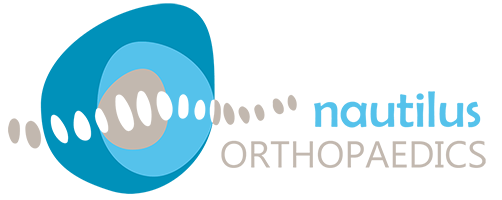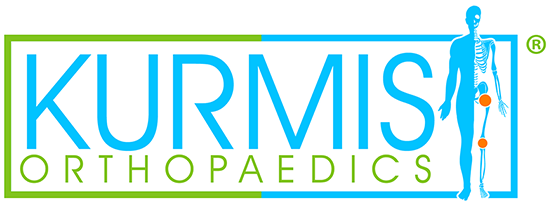Some children and their caregivers are not sure what to expect when they walk into a physiotherapy clinic to see a paediatric physiotherapist for the first time. Some even ask, “what can a physiotherapist even do to help my baby/child?!”
Physiotherapists are experts in the human body and its movements, and this is no exception for paediatric physiotherapists. Paediatric physiotherapists are experts in the human body and the typical development and movement patterns in paediatric clients – ranging from infants to young adults. Children are not just little adults, and it can be important to see a specialised paediatric physiotherapist who is specifically trained to assess, manage and diagnose certain paediatric concerns and conditions – and who can also make physiotherapy fun!
Initial Appointment:
When you first visit a paediatric physiotherapist with your child, your physiotherapist will need to perform an initial assessment. This initial assessment can run anywhere from 30 minutes – 90 minutes (most commonly around an hour). It will involve taking a detailed “subjective assessment,” where your physiotherapist will gather all relevant medical, developmental and social history from the caregivers, and may involve lots of questions and talking. These details can help paint a picture of your child’s life to the physiotherapist and assist with future treatment. An initial assessment will also involve an “objective assessment.” This may involve some hands-on assessments of the child to measure joint range of motions, feel for muscle tone and other relevant assessments. An objective assessment also commonly involves lots of observation to see how your child moves and plays, and to see what skills they have achieved thus far. Treatment and therapy goals are also often set within the initial, or first few, appointments.
Subsequent Appointments:
Paediatric Physiotherapy is family-centered, goal-directed and focuses on your child’s strengths. Paediatric physiotherapy also aims to support your child to be more physically independent and increase their participation in meaningful day-to-day activities. This could mean supporting your child to be able to play with their peers, participate in PE classes and sport, or to be able to access the community with their family.
Depending on why your child is seeing a paediatric physiotherapist, they may require very few sessions, while others may need ongoing and recurring sessions for longer periods of time, to best support your child and family to reach their goals.
Subsequent paediatric physiotherapy sessions can occur in a range of settings:
- Physiotherapy clinics
- Family homes
- Daycare/Kindergartens
- Schools
- Playgrounds
- Kinder Gyms
Having physiotherapy sessions with your child in a variety of settings allows for skills and treatments being practiced within the sessions to be integrated into the child’s everyday life for the best long-term results.



Paediatric physiotherapists are also specialists in FUN and PLAY! To effectively engage children in therapy, the sessions need to be fun, and your physiotherapist will often try to include your child’s specific interests and strengths.
Whether the family and/or child’s goals are to get better at tummy time, learn how to roll, crawl, walk, jump, ride a bike, help with a baby’s flat skull, reduce in-toeing, out-toeing or toe-walking gaits, or participate more in physical activity – a paediatric physiotherapist can help!
A typical paediatric physiotherapy session (depending on your child’s age and reason for seeing the physiotherapist) may include:
- Games to make repetitive tasks and exercises more fun and engaging.
- Your child’s favourite toys.
- Gross motor and developmental assessments.
- Parental coaching, advice and education.
- Ball skills.
- Puzzles, drawing, colouring.
- Gait, walking and mobility training.
- Singing and dancing.
- Bubbles.
- Jumping, hopping, skipping, running.
- Colours, pictures and visuals.
- Obstacle courses.
- Stretching and strengthening
- Home “exercise” programs and games to play at home to help practice your child’s new skills.
- Assistive technology or orthotics prescription.
- Hydrotherapy (therapy in the pool).
And more!!
If you have any developmental, movement or gross motor skill concerns for your child, book in to see our paediatric team today!
For more information or to book an appointment, please call The Physio Clinic on 8342 1233.
Written by Alicia Brown | Physiotherapist at Prospect and Blackwood























